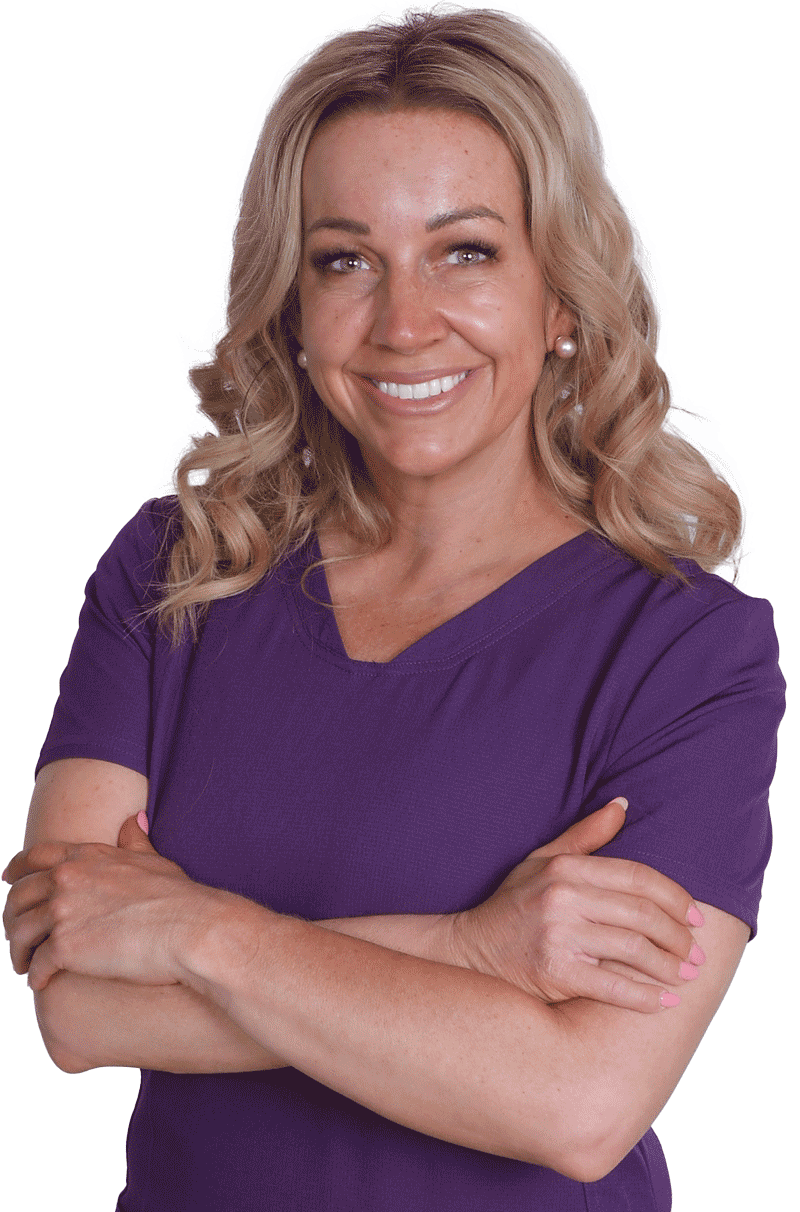July 27th is Head and Neck Cancer Awareness Day. Survivors of head and neck cancer often face numerous challenges during their recovery journey, with swallowing difficulties being one of the most significant. After undergoing treatment, such as surgery, radiation, or chemotherapy, many patients experience dysphagia, which refers to difficulty swallowing. This can lead to nutritional deficiencies, weight loss, and decreased quality of life. That’s where swallow therapy after head and neck cancer comes into play, offering vital support for healing and enhancing overall well-being.
Understanding Dysphagia in Cancer Survivors
Dysphagia can manifest in various ways, including:
- Difficulty initiating a swallow
- Pain while swallowing (odynophagia)
- Coughing or choking during meals
- Sensation of food getting stuck in the throat
These symptoms can significantly affect a survivor’s ability to eat and drink, leading to decreased enjoyment of food and social isolation. Understanding the importance of swallow therapy is essential for those navigating the post-cancer recovery process.
How Swallow Therapy Supports Healing
Swallow therapy is a specialized form of treatment provided by speech-language pathologists (SLPs) that focuses on improving swallowing function. Here are several ways swallow therapy can support healing for head and neck cancer survivors:
1. Restoring Normal Swallowing Function
Swallow therapy employs various techniques and exercises aimed at retraining the swallowing muscles. By focusing on strengthening these muscles, survivors can regain the ability to swallow safely and effectively.
2. Enhancing Muscle Coordination
The swallowing process requires precise coordination between different muscle groups. Through targeted exercises, swallow therapy helps improve neuromuscular control, ensuring that the muscles involved in swallowing work together harmoniously.
3. Reducing Risk of Aspiration
Aspiration occurs when food or liquid enters the airway instead of the esophagus, which can lead to serious respiratory complications. Swallow therapy teaches patients techniques to minimize this risk, promoting safer swallowing practices.
4. Increasing Confidence and Comfort
Struggling with swallowing can lead to anxiety and avoidance of certain foods. Swallow therapy provides patients with the tools and techniques needed to regain confidence in their ability to eat and drink, enhancing their overall quality of life.
Benefits of Swallow Therapy in Improving Quality of Life
1. Nutritional Support
Maintaining proper nutrition is crucial for recovery after cancer treatment. Swallow therapy helps patients safely consume a balanced diet, ensuring they receive essential nutrients to support healing and overall health.
2. Social Reintegration
Many individuals find joy in sharing meals with family and friends. By improving swallowing abilities, swallow therapy enables cancer survivors to participate in social gatherings, fostering connections and enhancing emotional well-being.
3. Mental Health Benefits
Dysphagia can lead to feelings of frustration, isolation, and depression. Engaging in swallow therapy not only addresses physical challenges but also contributes positively to a survivor’s mental health, promoting a sense of accomplishment and well-being.
4. Tailored Nutrition Strategies
Swallow therapists often work closely with dietitians to create individualized nutrition plans that cater to patients’ specific needs. These strategies may include modifying food textures or incorporating supplements to ensure adequate intake.
What to Expect During Swallow Therapy
If you or a loved one is considering swallow therapy after head and neck cancer, here’s what to expect:
Assessment and Evaluation
The therapist will begin by assessing swallowing function through clinical evaluations, observing the patient during meals, and discussing symptoms and concerns. This assessment helps create a personalized therapy plan.
Therapy Sessions
Swallow therapy sessions may include:
- Exercises to strengthen swallowing muscles
- Techniques to improve coordination and timing
- Education on safe swallowing strategies
- Manual Therapy by a specially-trained clinician to prime muscles for chewing and swallowing
- Neuro-Muscular Electro-stimulation to improve the brain’s communication with swallow muscles
- Expiratory Muscle Strength Training to enhance coordination and strength of respiration muscles for safe swallowing
Home Practice
Patients are often encouraged to practice exercises at home to reinforce learning and promote progress. The therapist may provide resources and tips to help integrate these practices into daily routines.
Bottom Line
Swallow therapy after head and neck cancer is essential for promoting recovery, restoring function, and improving the quality of life for survivors. Live Well Speech Therapy is a specialty practice dedicated to the specific needs of adults. You will be treated by a clinician with special certification in Neuro-Muscular Electro-Stimulation, Expiratory Muscle Strength Training, and specialized practice in Manual Therapy for voice and swallowing.
If you or someone you know is struggling with swallowing difficulties following head and neck cancer treatment, let’s talk. I offer free consultations.


